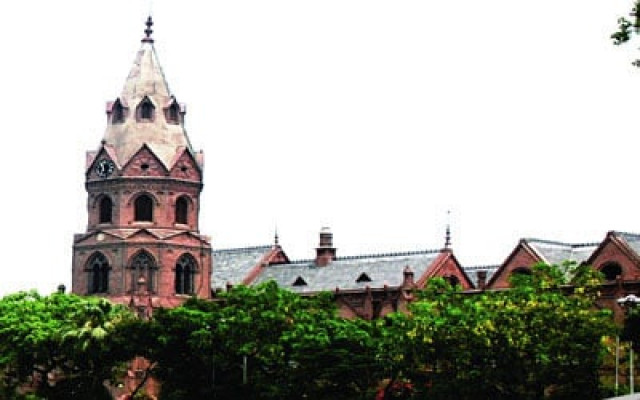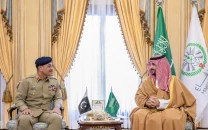GCU organises virtual conference
Scholars, researchers and students from across the world attend moot.

The Institute of History of the Government College University (GCU) organised a virtual conference titled “Partition of India and Settlement” here on Sunday.
The conference was attended by a large number of scholars, researchers and students from across the world through a video link, said a spokesperson for the university.
In his inaugural speech, GCU Vice Chancellor Prof Dr Asghar Zaidi said that August 1947 marks the independence of South Asia from the British Raj and the beginning of a process of decolonization.
He added the event of partition created one of the greatest humanitarian crises of the 20th-century as it accompanied an unprecedented scale of migration, violence and bloodshed.
Dr Zaidi said the event had re-shaped every aspect of state and society in the subcontinent. He laid stress on learning more about “the new history of partition”, which focused on the human dimension of the partition.
Tahir Kamran, who teaches at the Beaconhouse National University, argued that both the Indian political leadership and the British government were responsible for the unprecedented turbulence and communal chasm experienced by Punjab just before the partition.
British Punjab was not conducive to partition. However, the communal polarisation made it imperative to draw a dividing line, he said.



















COMMENTS
Comments are moderated and generally will be posted if they are on-topic and not abusive.
For more information, please see our Comments FAQ